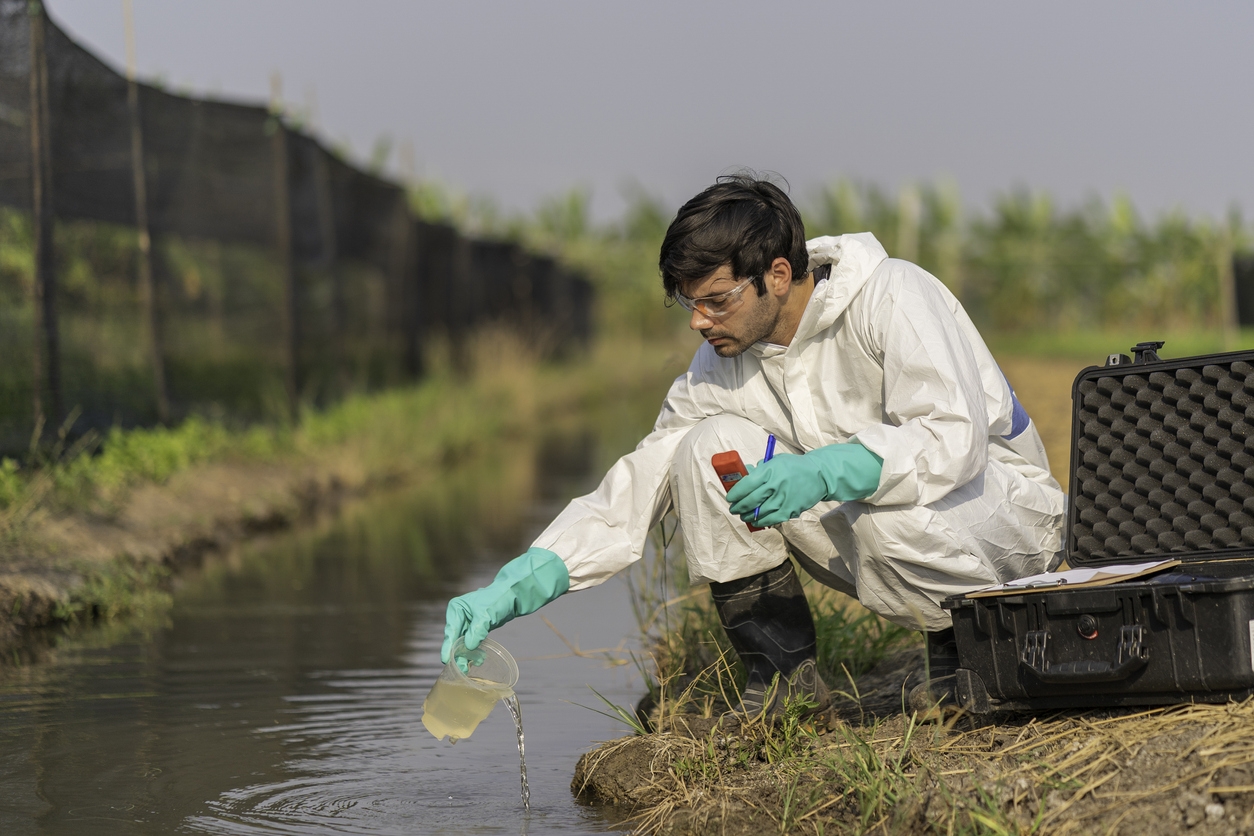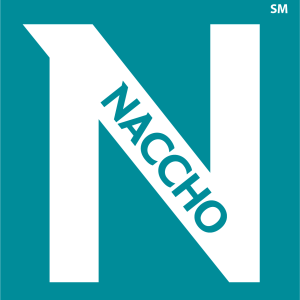World Water Day (March 22) is a universal occasion to recognize the importance of water, sanitation, and hygiene efforts around the globe. The theme for this year’s World Water Day, Groundwater – Making the Invisible Visible, highlights the importance of sustaining this scarce resource in the light of the generational problem of this century - climate change. Climate change affects the quantity and quality of groundwater both directly due to longer droughts, and more frequent extreme weather events, as well as indirectly through changes in land use and intensification of human activities. Contamination of water sources, particularly leading freshwater sources like groundwater, have the potential to cause adverse health effects and affect livelihoods. Local health departments are at the forefront of responding to these events and supporting communities across the United States. In 2018, in direct response to concerns from local jurisdictions, NACCHO released a policy statement on Concentrated Animal Feeding Operations (CAFOs). The waste produced on CAFOs have been known for contaminating nearby water systems through fecal matter deposits and adding excess nutrients that harm the aquatic ecosystem. NACCHO strongly advises federal, state, and local governments and related agencies to continue research initiatives and enact legislation to manage the human and environmental health risks of CAFOs.
All responses start and end at the local level

When contamination or other water-related emergencies do occur, it is crucial for local health departments to coordinate and respond armed with a fully functional database of tools and resources. NACCHO found that identifying response materials related to communications, public notification templates, tabletop exercises or drills, guidance documents and even known biological and chemical contaminants of aquatic ecosystems, were difficult and not available in a centralized location. To fill this gap and to support a more rapid response, NACCHO, with the support of the Centers for Disease Control and Prevention, released a carefully curated and FREE Water, Sanitation and Hygiene Preparedness Resource Library housing these materials, templates, workforce development opportunities, and much more from local, state, and federal entities. For instance, local health departments can find resources related to groundwater such as:
- Ground Water and Drinking Water. Source: EPA. A repository of information on ground water and drinking water for the general public, and public health and environmental health officials.
- Groundwater Quality & Source Water Protection Course. Source: The Private Well Class; Sponsored by NEHA. Overview of how wells and groundwater can be influenced by surface infiltration, naturally occurring contaminants, and even water availability.
- Nitrates in Drinking Water. Source: Minnesota Department of Health. This webpage describes the health effects of nitrates, the detection of nitrates in surface and groundwater, how to protect yourself and your family, and background information.
Access the WASH Resource Library for free here.
Hoping for the Best, Preparing for the Worst
As communities continue to adapt and become more resilient to the effects of climate change and its health impacts, preparing for a rising number of water-related health emergencies will remain high on the list. NACCHO serves to ease the work that local health departments must do to prepare for the years ahead, and as such, developed a ready-to-use checklist that identifies all the steps a local jurisdiction, whether urban or rural, low- or high-risk, can take to prepare for such emergencies. Our succinct checklist describes key actions to be taken – whether it is charting a specific communications plan, identifying key partners and stakeholders to build relationships with ahead of a situation, or planning surveillance and control activities to help alert departments to the source of the problem quickly and effectively during a water-emergency.
Download the FREE checklist for local health departments here.







